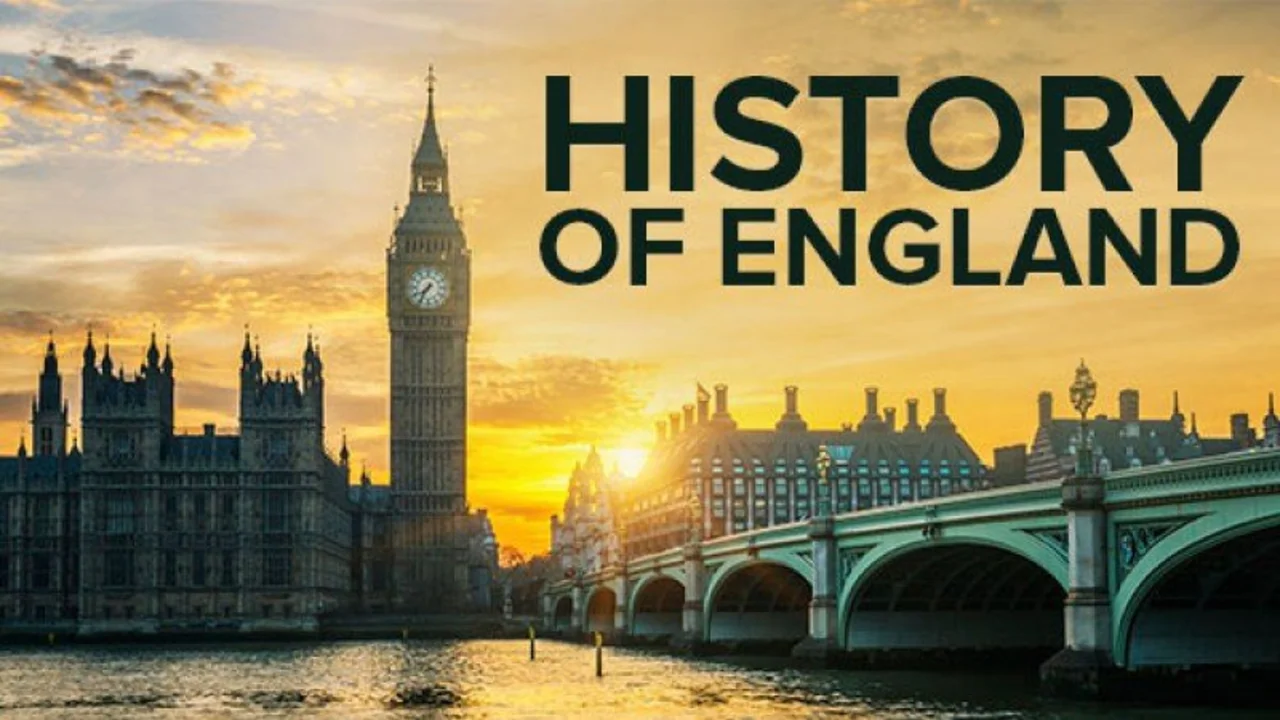The Origins of Escort Services in London
As we delve into the fascinating history of escort services in London, it's essential to start at the very beginning. The concept of escorts can be traced back to ancient civilizations, but it was during the 18th and 19th centuries that the industry began to flourish in London. With the rise of the British Empire, the city became a hub for trade, culture, and entertainment, attracting people from all walks of life.
During this period, women who offered companionship and social accompaniment to men for a fee were referred to as 'courtesans' or 'demi-mondaines'. These women were often from the higher echelons of society, well-educated, and skilled in the art of conversation. They provided a valuable service for men who needed a companion for social events or simply desired the company of a beautiful and charming woman.
The Victorian Era and the Rise of the Escort Agency
As London entered the Victorian era, the demand for escort services continued to grow. The restrictive social norms of the time made it difficult for men and women to interact freely, so an escort provided a safe and socially acceptable way for men to enjoy female companionship. As a result, the first escort agencies began to emerge, offering a more organized and professional way for clients to find and hire escorts.
These agencies acted as intermediaries between clients and escorts, arranging meetings and ensuring that both parties were satisfied with the arrangements. The introduction of the agency model brought more structure and legitimacy to the industry, helping to dispel some of the negative connotations associated with the profession.
The Impact of World Wars on the Escort Industry
During both World War I and World War II, London saw an influx of soldiers from around the world. Far from home and facing the harsh realities of war, these men often sought the comfort and companionship of escorts. In response to the increased demand, the number of escorts and agencies in London grew rapidly, with many women turning to the profession as a means of supporting themselves financially.
While the war years brought a temporary boom to the escort industry, they also led to a crackdown on prostitution and other forms of vice in London. In the years following the war, the city saw increased efforts to regulate the industry and protect the welfare of escorts and their clients.
The Swinging Sixties and the Sexual Revolution
The 1960s were a time of great social change and liberalization in London, with the sexual revolution playing a significant role. The city became a hotspot for artists, musicians, and counterculture movements, leading to a more open and relaxed attitude towards sex and relationships.
This era saw the rise of the 'call girl', a more modern and liberated version of the traditional escort. These women were often independent, advertising their services in newspapers and magazines, and offering a more casual and relaxed experience for clients. The rise of the call girl marked a significant shift in the escort industry, as the focus shifted from formal social events to more intimate encounters.
The Impact of the Internet on the Escort Industry
The advent of the internet in the 1990s dramatically changed the landscape of the escort industry in London and around the world. Suddenly, escorts and agencies had a new platform to advertise their services, reaching a wider audience than ever before. Clients could browse through profiles, view photos, and make bookings with just a few clicks of a mouse, making the process easier and more discreet.
As the internet continued to evolve, so too did the escort industry, with online forums, review sites, and social media platforms allowing clients and escorts to connect and share information more easily than ever before. The internet has undoubtedly played a significant role in the growth and development of the escort industry in London, providing new opportunities and challenges for those involved.
The Legal Landscape of Escort Services in London
Throughout the history of escort services in London, the legal status of the industry has been a source of much debate and controversy. While the act of exchanging money for companionship is not illegal in the UK, many activities associated with the escort industry, such as soliciting in public, owning or managing a brothel, and pimping, are against the law.
As a result, the escort industry in London has always operated in a legal grey area, with escorts and agencies taking various precautions to protect themselves and their clients. In recent years, there have been calls for the decriminalization of sex work in the UK, with proponents arguing that it would improve the safety and working conditions of escorts and reduce the stigma associated with the profession.
High-End Escort Services in Modern London
Today, the escort industry in London is a diverse and thriving sector, catering to a wide range of tastes and preferences. At the high end of the market, elite escorts and agencies offer a luxury experience for discerning clients, with many escorts boasting impressive education and professional backgrounds.
These high-end escorts often cater to wealthy businessmen, celebrities, and other high-profile individuals, providing companionship for exclusive events and private encounters. With a focus on discretion, professionalism, and unparalleled service, these elite escorts and agencies continue to set the standard for the industry.
The Future of Escort Services in London
As we look to the future of escort services in London, it's clear that the industry will continue to evolve and adapt to changing social attitudes and technological advancements. With the rise of virtual reality and other immersive technologies, we may see new and innovative ways for clients and escorts to connect and interact.
Regardless of what the future holds, the history of escort services in London shows that the industry has always been able to adapt and thrive in the face of change. As long as there is a demand for companionship and connection, escorts will continue to play a vital role in the fabric of London's social life.


